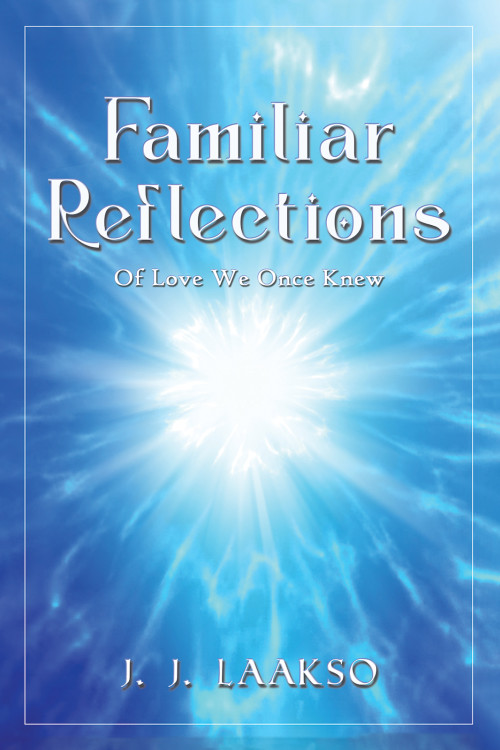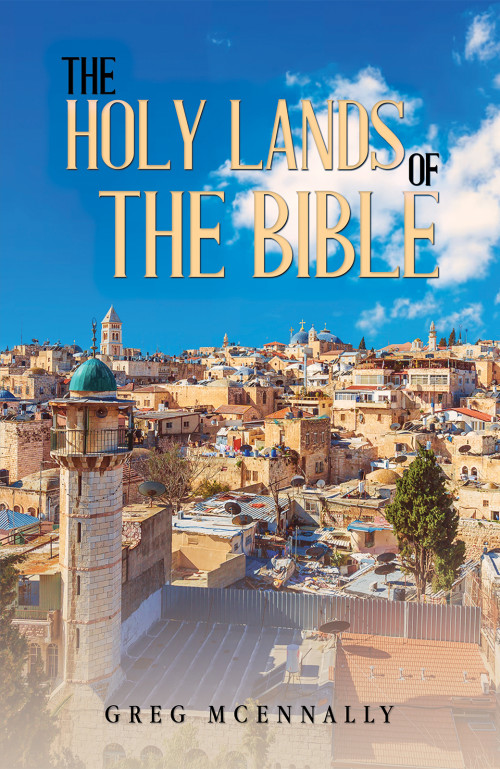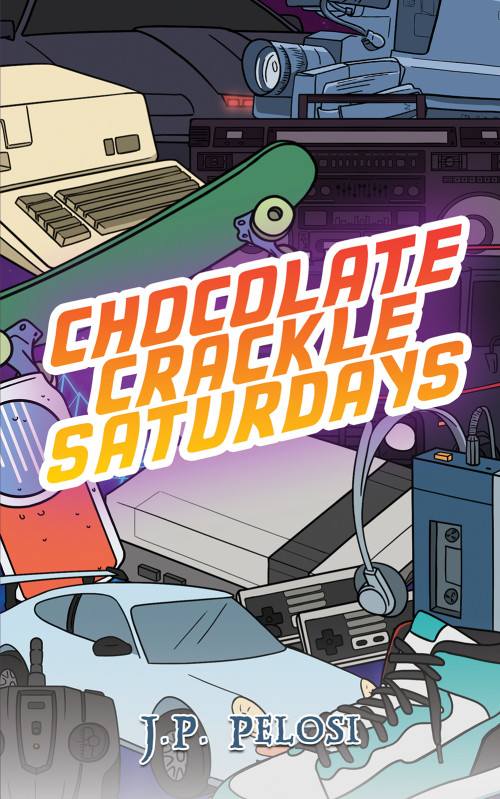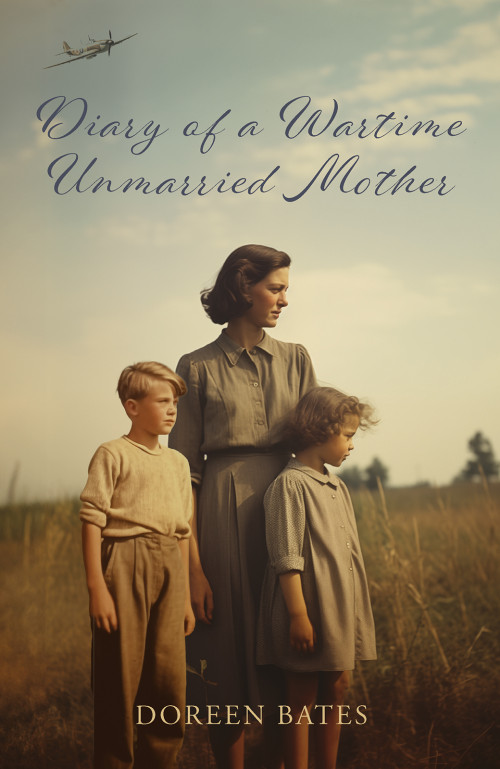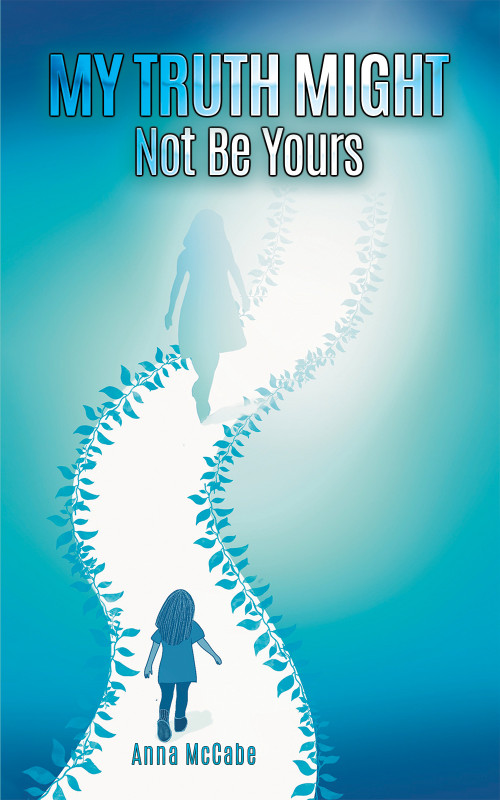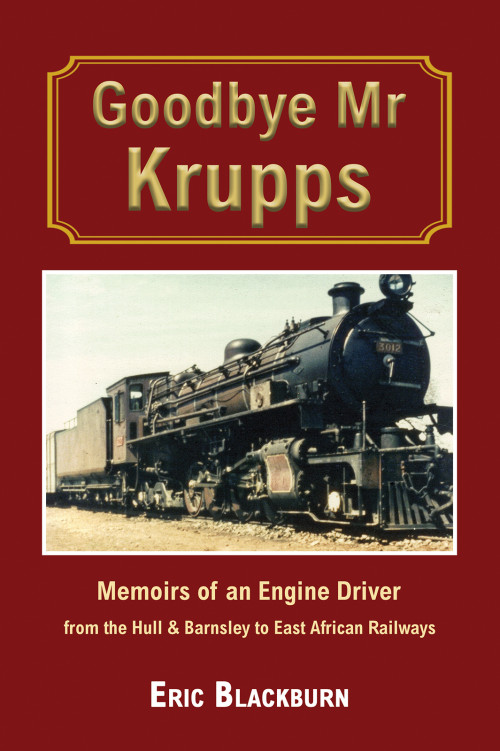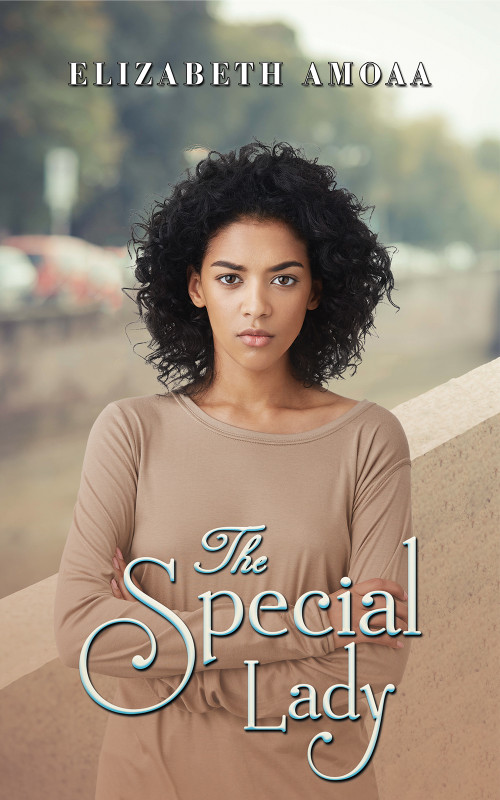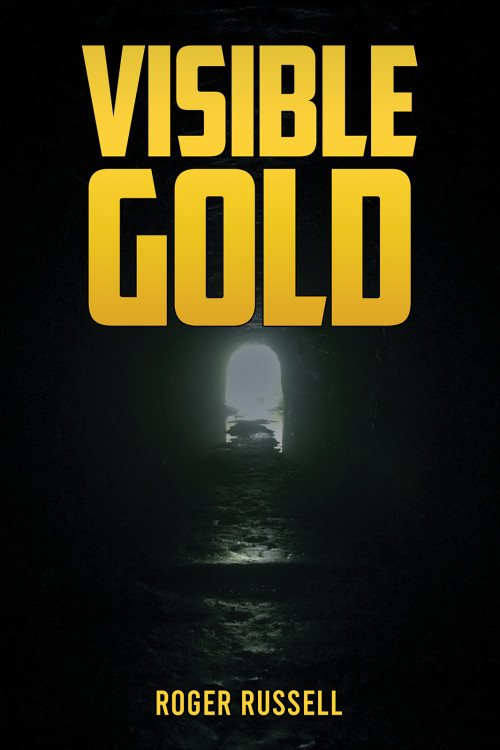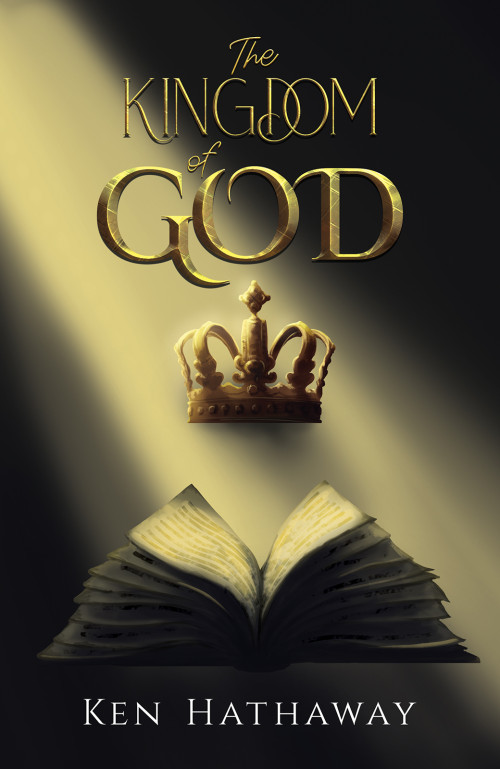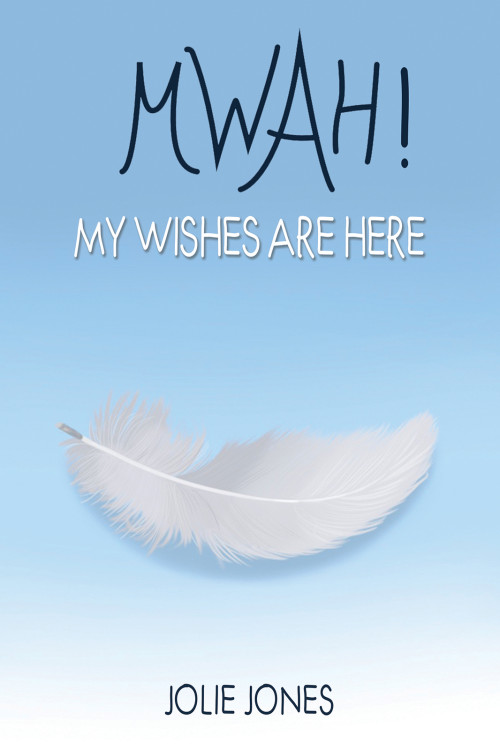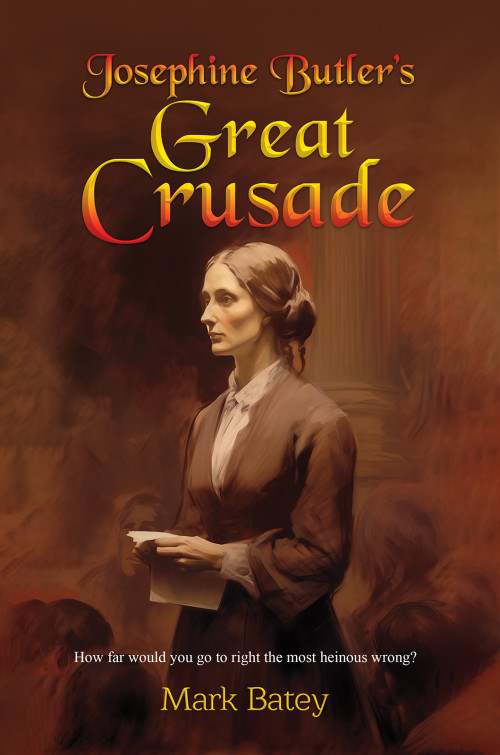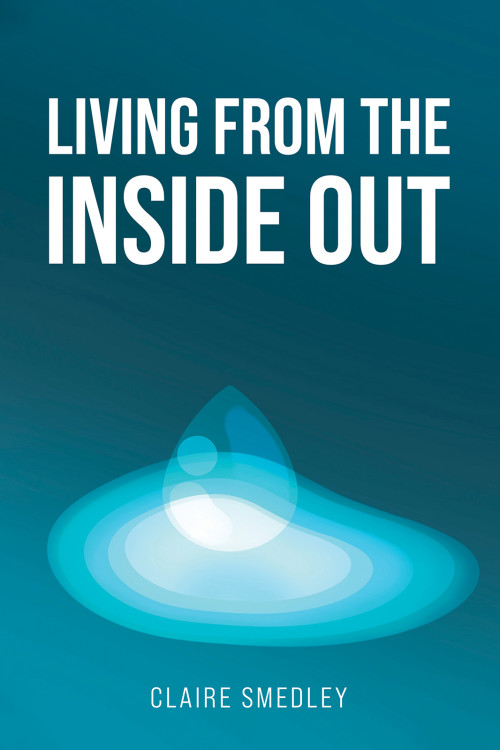Familiar Reflections
What is love? What does it truly mean to search for it within ourselves, in the world, and in the depths of our hearts?In this debut reflective memoir, J. J. Laakso masterfully interweaves one man’s personal growth with timeless, familiar, yet often forgotten truths. Through a combination of poetic spiritual awakening and philosophical pondering, Laakso constructs clear definitions and thought-provoking equations to answer some of life’s most profound questions. In an increasingly disconnected world, this book illuminates our eternal search for what we truly desire, both individually and collectively, in a manner that is unparalleled.So that we may one day love our effects with every breath of the rest of our lives As shapes of the infinity of our hearts drawn with the same love that shines As everything we are Sustainably happy Together

